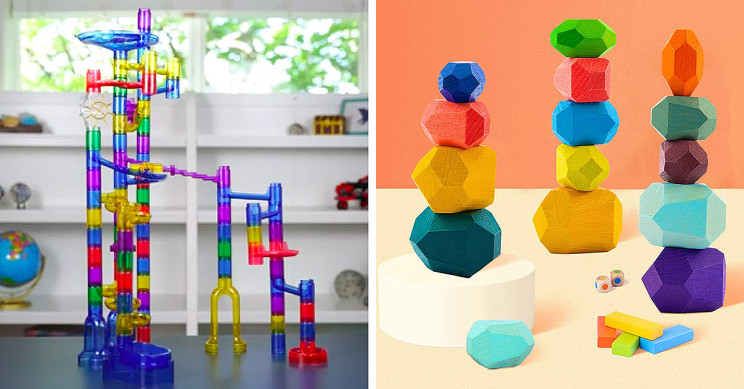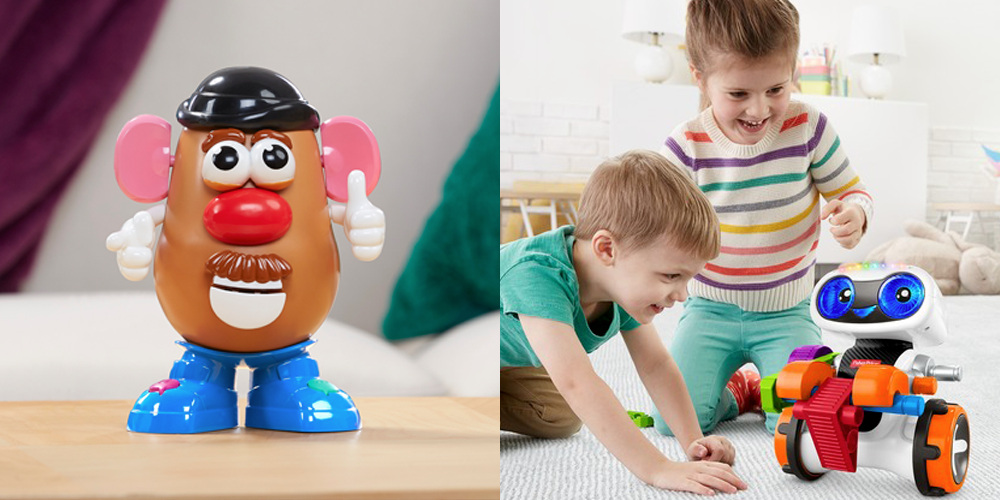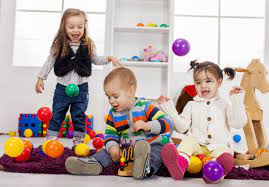When you think of “special needs toys and games,” you could picture pricey gadgets and custom-made equipment. Boutique specialty companies are a great place to look for such high-end products.
The truth is that parents with children with special needs should not need to buy “special needs” items. What distinguishes special-needs games and toys?
The only thing that distinguishes special needs toys is the etiquette and the fact that they are purchased for a child who has a developmental disability. However, the best toys and games for children with special needs share a few characteristics:
They are healthy and enjoyable for children who have sensory, physical, or motor planning issues. Soap bubbles and impatient toys are good options, while a noisy computer-based game that involves complex interactions is a poor choice.

A slide or swing in the yard, for example, requires relatively low levels of concentrated attention, language use, and physical coordination. The board game Monopoly would not be a reasonable option.
They’re versatile enough to be used or played in several different ways, with or without multiple players. A badminton set is not one of these toys, although blocks or Legos are.
Special Needs Toys And Games
Blocks, Legos, and Other Building Toys:
Basic blocks and other construction toys (available in a variety of brands and prices) are extremely adaptable and can develop with your child. Your child will begin by lining them up, but they will quickly progress to building walls, tunnels, roads, and other structures. More importantly, when played with your child, these simple toys are excellent for developing symbolic play skills and social cooperation.
Simple and Safe Bounce Toys:
Sensory-challenged babies enjoy bouncing. Bouncy balls with handles (also known as “Hippety-Hop”) are a popular choice. Mini trampolines with handles are also available. These toys are not only entertaining (especially if purchased in pairs and played together), but they can also be used as a reward for good behavior.
Swings and Slides:
You can purchase expensive “sensory” swings or a nice cheap swing at your local toy store or online. Purchase a swing with a belt if you’re not sure if your child is ready to balance properly (easy to find and usually adjustable to size). Slides may be small blown plastic slides or bigger, more difficult slides. In the winter, small slides can be used indoors.
Water Toys:
For a child with special needs, something that involves soap and water can be a lot of fun, interactive, and engaging. From Slip-n-Slides and immersive sprinklers to submarines and wind boats, there’s something for everyone. If you’re prepared to deal with the mess, squirting toys are a good option.
Bubbles and Foam:
Popping, chasing, and watching soap bubbles can be a lot of fun. However, successful bubble-blowing necessitates strong motor coordination and a certain amount of patience. There are several different types of fun bubble and foam toys on the market; one or more of them would most likely be ideal for you and your family.
Sensory Toys:

Despite what some advertisers can say, a sensory toy is any item that provides sensory feedback. Any toy that buzzes or makes a noise qualifies. Putty, plasticine, clay, “shake” or “stress reliever” balls, worry beads, and other materials may also be used.
All of these products can be found for a low price in a variety of places. They aren’t as interactive as the other toys listed, but they can be very effective in reducing anxiety.
Art Material:
Large crayons, markers, and colored pencils can be a lot of fun for children of all ages and abilities. Many children enjoy coloring books because they keep the fun contained and encourage them to “make” their favorite characters.
Pop-up tunnels and playhouses:
Retractable tunnels, playhouses, and tents are great toys for children with special needs because they are inexpensive and convenient to store. When used creatively, they help with gross motor growth, sensory escape, and symbolic play (parental help may be needed).
You must provide your children with high-quality care in order to help them flourish. If you require any other assistance, please let us know.


Recent Comments